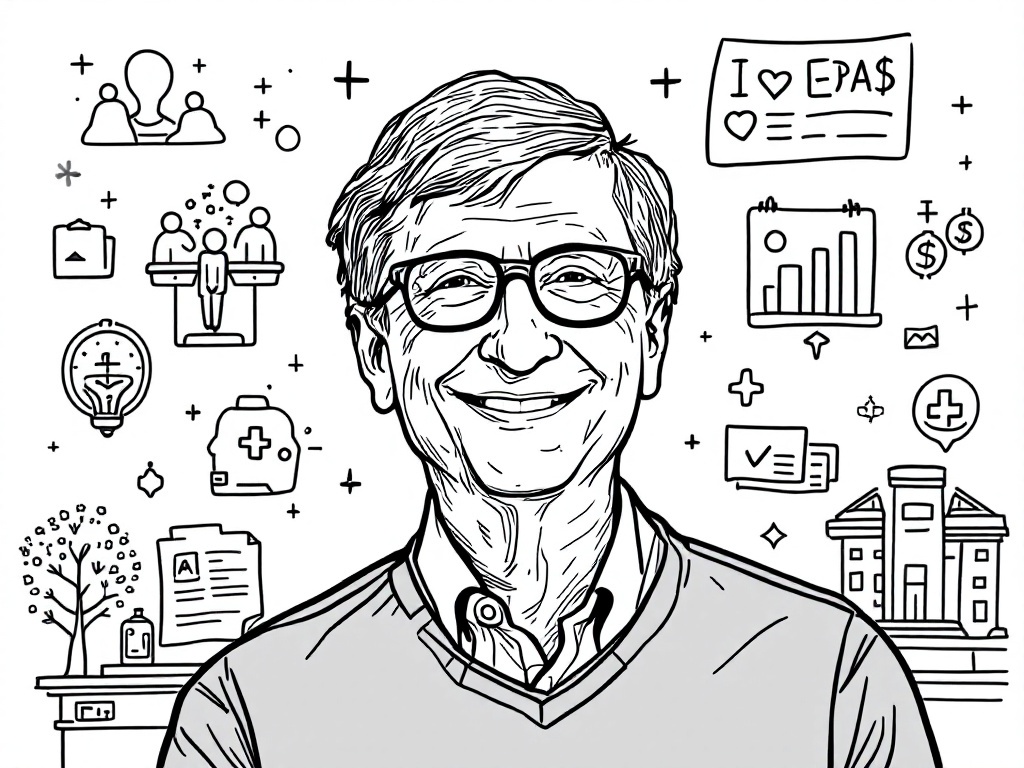Bill Gates Foresees AI Transforming Healthcare and Education Within a Decade

Seattle, Friday, 28 March 2025.
Bill Gates predicts AI will make expert medical advice and tutoring free and common, potentially reducing the demand for human professionals in these fields.
AI’s Rapid Evolution in Professional Services
In a recent statement that has caught global attention, Microsoft co-founder Bill Gates predicts that within the next decade, by 2035, artificial intelligence will fundamentally transform how we access medical and educational expertise [1]. Speaking during a February 2025 appearance on NBC’s ‘The Tonight Show,’ Gates emphasized that while expertise currently remains ‘rare’ and dependent on human specialists, AI advancements will soon make ‘great medical advice and great tutoring’ freely available to everyone [2][3].
Industry Leaders Voice Concerns
The transformation won’t come without challenges. Microsoft AI CEO Mustafa Suleyman has warned that these changes could have a ‘hugely destabilizing’ impact on the workforce [1]. According to recent Gartner predictions, by 2026, approximately 20% of organizations are expected to reduce labor costs by eliminating more than half of their middle management positions through AI implementation [4]. In the healthcare sector specifically, by 2027, 70% of provider contracts will need to include emotional-AI terms to avoid financial losses [4].
Healthcare Professionals React
The medical community has already begun responding to this technological shift. While AI tools are increasingly being used for predictive analytics and administrative tasks, concerns about oversight and accountability remain prominent [5]. In a significant development, Oregon has enacted legislation prohibiting AI technologies from using the title ‘nurse,’ highlighting the ongoing debate about the boundaries between human and artificial intelligence in healthcare [5].
Looking Ahead: A Balanced Future
Despite these transformative predictions, Gates maintains an optimistic outlook, emphasizing AI’s potential to address global challenges, including breakthrough treatments for diseases and climate solutions [1]. However, he acknowledges that certain human elements will remain irreplaceable, particularly in roles requiring empathy and nuanced decision-making [6]. Looking toward 2028, Gartner projects that 40% of large enterprises will employ AI for sentiment analysis in workplace management, indicating a future where human and artificial intelligence increasingly collaborate [4].